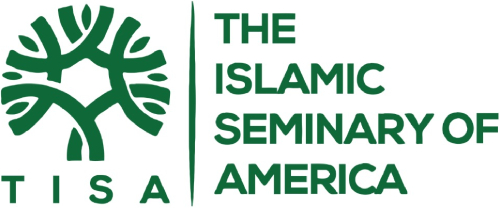This article is reshared from the Jan 2022 issue of Data Digest published by the Institute of social policy and understanding. The original article can be found here: 10 Areas of Need in American Muslim Communities | ISPU
1. ISLAMOPHOBIA: Remedying Islamophobia and highlighting its impact on Muslims, while educating young Muslims on this issue and directing them to available resources for seeking help
American Muslims, including children, face Islamophobia and anti-Muslim bigotry. Based on the results of ISPU’s American Muslim Poll 2019, Islamophobia, as measured by the Islamophobia Index, inched up from 24 in 2018 to 28 in 2019. According to the American Muslim Poll 2020, Muslim families are most likely to report a child has faced religious-based bullying. In 2020, roughly half of Muslim families (51%) with a child/children in K-12 schools say their child was bullied for their faith, which is almost double the level of families who say the same in the general population (27%). Alarmingly, 30% of Muslims identified a teacher or school official as the source of bullying.
Muslims also experience higher institutionalized religious discrimination. For instance, based on the results of the American Muslim Poll 2020, Muslims experience higher levels of discrimination at the airport (44% vs. 5% of the general public), when applying for jobs (33% of Muslims vs. 8% of the general public), in interactions with law enforcement (31% of Muslims vs. and 8% of the general public), and when receiving healthcare services (25% of Muslims vs. 5% of the general public).

EQUAL TREATMENT? Measuring the Legal and Media Responses to Ideologically Motivated Violence in the United States
Hate crime or terrorism? Lone wolf or extremist? These words are often used to describe ideologically motivated violence in the U.S., and their use by officers of the law and members of the media has impact on real cases.
Equal Treatment?: Measuring the Legal and Media Responses to Ideologically Motivated Violence in the United States examines cases in which perpetrators of similar crimes receive dramatically different legal and media responses. This empirical analysis compares media coverage, law enforcement tactics, charges, and eventual sentencing when the perpetrator of an act of ideologically motivated violence is perceived to be Muslim and acting in the name of Islam vs. not perceived to be Muslim and motivated by another ideology, such as white supremacy.

In this apples-to-apples study, ISPU’s research reveals perceived Muslim perpetrators of violence are subject to more severe legal charges, up to three times the prison sentence, and more than seven times the media coverage compared to non-Muslim perpetrators. Perpetrators perceived as Muslim are also much more likely to be targeted for undercover law enforcement operations providing them with weapons or fake explosives.

